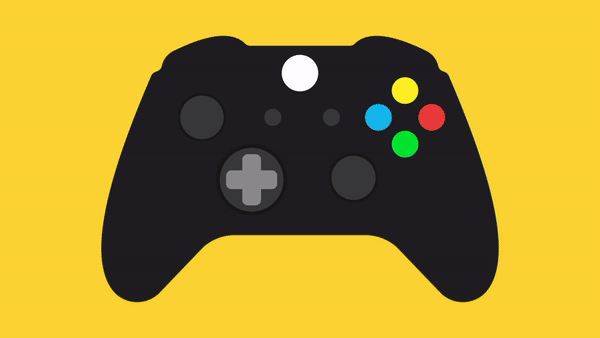Esports fans are passionate about video game competitions, but who are they really? Brands that invest in this lucrative and growing market may find themselves scratching their heads when it comes to looking beyond the myths and stereotypes.
Nielsen Esports‘ new report, “The Esports Playbook,” explores a number of theories around who esports fans are, from how they consume content to interests outside of video games.
“The key thing we want marketers to take away from this report is that esports is not a one-size-fits-all investment opportunity,” Nicole Pike, Nielsen Esports’ global research and product lead told AListDaily. “In the same way it’s not enough to tell someone to invest in ‘sports,’ making the leap into esports is a much more nuanced endeavor than it is often seen to be. Wanting to reach millennial males is not enough for esports to be the right fit—our goal is to help marketers understand if, where and how esports has a role in their sponsorship strategy.”
The report focuses on fans in the United States and Europe, with a separate analysis of Asian markets to follow later this year.
These Gamers Do More Than Game
It should come as no surprise that US esports fans spend an average of 8.2 hours per week playing video games, but the demographic also consumes other media, and a lot of it. Across the US, UK, France and German markets, fans spend an average of 4.5 hours per week consuming internet videos through websites like YouTube and 4.3 hours watching TV on an actual TV screen.
Facebook is the most popular social network among those surveyed at 57 percent, followed by Twitter at 42 percent. However, when it comes to following their favorite esports players or teams, fans turn to YouTube. (Nielsen Esports included traditional social media sites only, which excludes Twitch.)
Nielsen Esports found that only 17 percent of both esports’ fans leisure time and money is spent on gaming. Don’t assume they’re all male, either. While the demographic certainly skews male at 71 percent, nearly one in four female fans still stream esports content at least weekly.
Yes, Esports Fans Still Like Traditional Sports
Despite their love of video games, fans of competitive gaming were still more likely to attend a traditional sporting event in the last year, Nielsen found. In France, 24 percent of respondents have attended a live sporting event in the past 12 months, compared to 21 percent who have attended a live esports event in person.
Esports fans hold an interest in traditional sports across the board with soccer being the most popular in all surveyed regions except the US, where football leads the way. Nielsen noted that the most popular sports among respondents—soccer, football, boxing and motorsport—also tend to have their own popular video game franchises. (Madden NFL, NBA 2K and FIFA, just to name a few.)
Most Esports Fans Are Okay With Corporate Involvement
With the increasing number of brands entering the esports arena through sponsorship or other opportunities, there is a greater need to understand the demographic. It’s not enough to “do something millennial” and hope for the best.
“Brands entering the esports space, in whatever capacity, need to have done their due diligence and homework, to understand not only their own objectives but also the audience, their habits and their preferences,” Pike says in the report.
As with any activation, authenticity matters. Depending on which country you’re in, the type of brand matters, too. Thirty-three percent of French esports fans believe non-endemic brand activity in the space to be “inappropriate,” compared to Germany, the UK and US at 24, 22 and 15 percent, respectively.
US esports fans are much more open to the idea of a non-endemic sponsor, and a quarter of them told Nielsen that they are “extremely/very interested” in following esports sponsors on social media.

